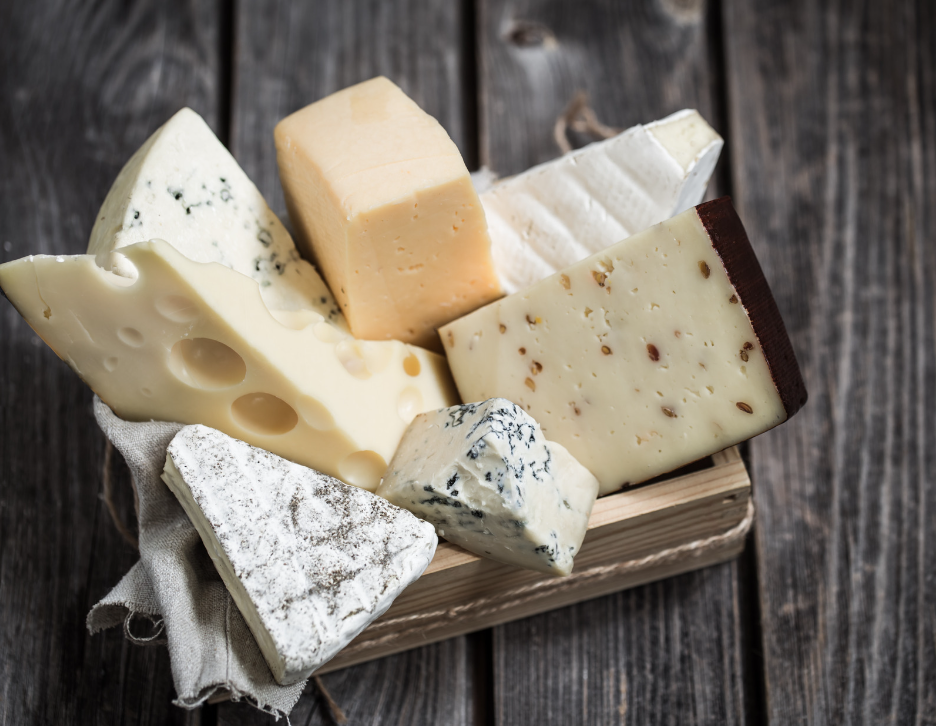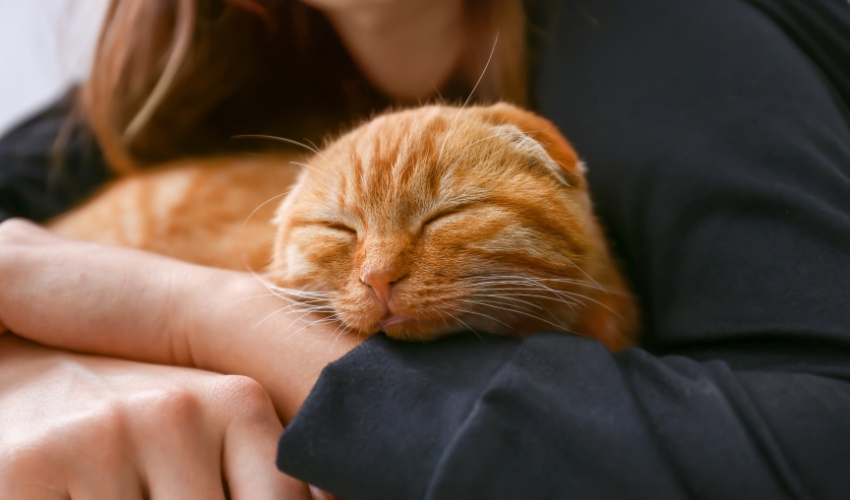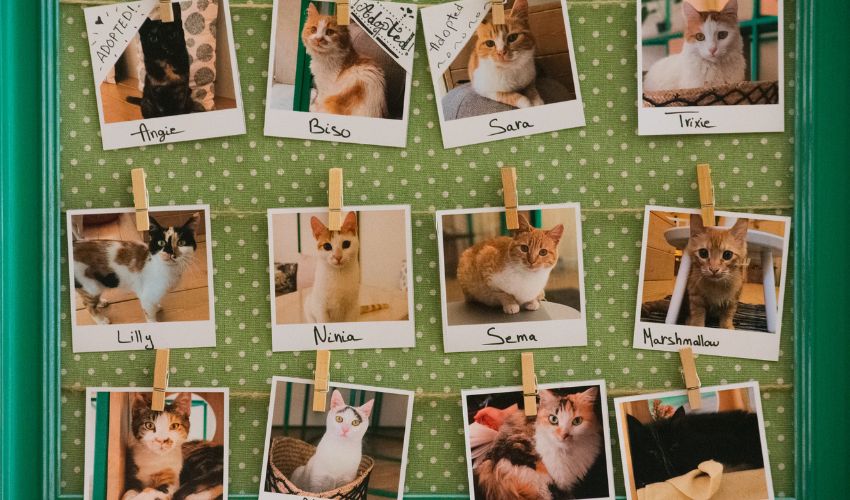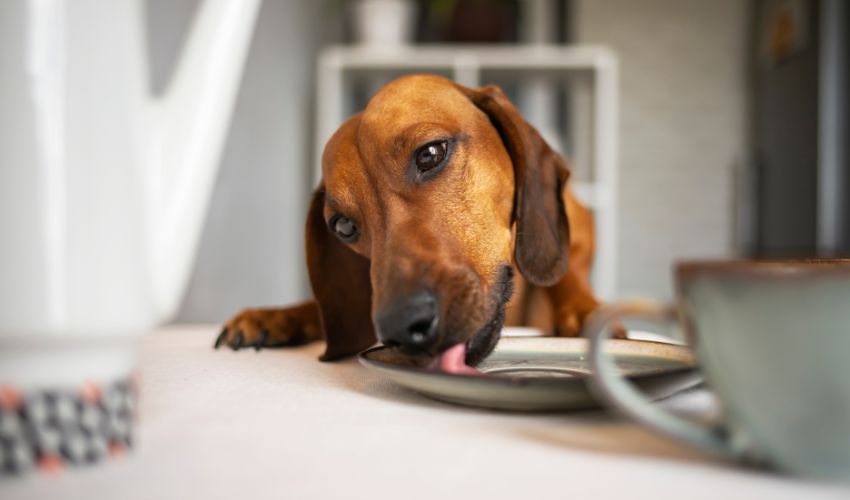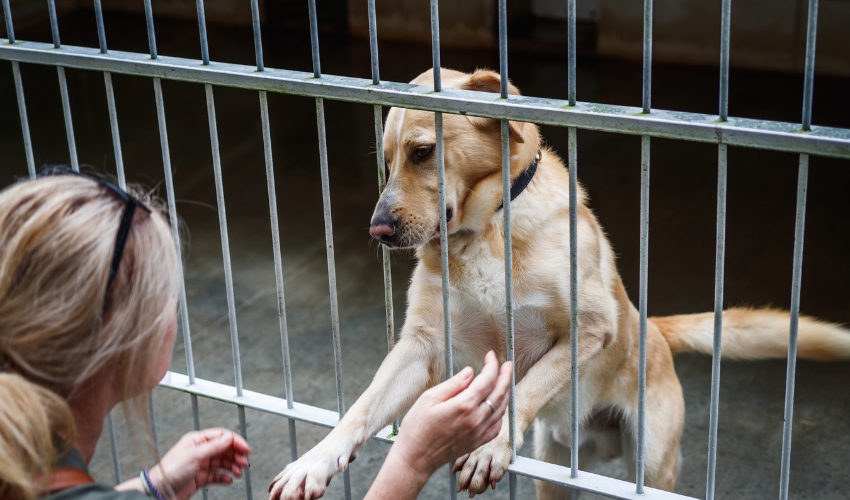Most humans love cheese, and naturally, we want to share them with our feline friends. Sometimes, they may also steal some cheese from our snacks. As such, many pet owners wonder, can cats eat cheese? Is it safe for them? As much as cats love human foods, their digestive system is not built to process some human foods, such as cheese. In fact, many cats are lactose intolerant and can develop digestive problems if they consume cheese or other dairy products. However, some cats may tolerate small amounts of cheese or dairy without any issues. Read on to better understand the effects of cheese on cats and what to do if your cat accidentally consumes some.
Can Cats Eat Cheese?
While it is not toxic or poisonous to cats, cheese should not be a regular part of their diet. Cats are obligate carnivores, meaning their diet should mainly consist of meat-based protein. Cheese does not provide the necessary nutrients that cats need to thrive, and feeding them too much cheese can lead to health issues, such as obesity and digestive problems. Additionally, many types of cheese are high in fat and sodium, which can harm cats, especially if they consume large amounts.
Why Is Cheese Harmful to Cats?
Although cats may also enjoy the taste of cheese, it is not recommended to be given regularly because of its several harmful effects on cats.
Cats are lactose intolerant.
Most cats are lactose intolerant, so they cannot properly digest lactose, a sugar found in milk and other dairy products. This is because they lack the enzyme lactase needed to break down lactose into smaller molecules that can be absorbed. Hence, feeding your cat cheese can lead to digestive problems and discomfort, especially if they consume large amounts. They may experience constipation, vomiting, and diarrhea.
Cheese may cause allergic reactions.
In some cases, cats may also develop allergic reactions to cheese or other dairy products. These allergic reactions can range from mild symptoms, such as itching and skin irritation, to severe symptoms, such as difficulty breathing or anaphylaxis. Therefore, it is crucial to monitor your cat closely after feeding them cheese or any other new food. Watch out for any signs of allergic reaction.
Cheese is high in sodium, fat, and calories.
The high sodium content in cheese can be harmful to cats, as it can lead to high blood pressure and dehydration. In large amounts, it may also increase your cat’s risk of kidney damage and developing heart disease. Moreover, cheese’s high fat and calorie content may cause obesity and other health problems in cats, such as diabetes.
Cheese may contain toxic additives.
Some types of cheese may contain toxic additives, such as garlic and onion powder, which can harm cats, especially if consumed in large quantities. In particular, moldy cheeses like blue cheese can contain mycotoxins that are poisonous to cats and can cause vomiting, diarrhea, muscle tremors, seizures, and even death.
What To Do If Your Cat Ate Cheese?
If your cat accidentally consumes a small amount of cheese, it is unlikely to cause serious harm. However, you should monitor them closely for any signs of digestive discomfort or allergic reactions. If your cat has consumed a large amount of cheese or shows symptoms of distress, such as vomiting, diarrhea, or difficulty breathing, you should contact your veterinarian immediately.
What You Can Give Instead

Generally, it is best to avoid feeding your cat cheese or other dairy products. Instead, you can offer your cat healthy and safe treats like cooked lean meat (chicken or turkey), steamed vegetables (carrots or green beans), and small amounts of plain-boiled eggs. Remember, a cat’s digestive system differs from ours, and not all human foods are safe to consume. Additionally, ensure your cat has access to plenty of fresh water to help prevent dehydration and support their digestive process.
You can also provide your cat with specially formulated commercial cat treats designed to meet their nutritional needs and safe for their digestive system. If you are unsure what treats are safe for your cat, it is always best to consult your veterinarian before introducing any new food into their diet.
Takeaway
Cats’ digestive system is not the same as humans’. While they may enjoy the taste of some human foods, such as cheese, it does not mean these foods are also safe. Cheese, in particular, may bring more harm than good to cats, so it is best to avoid including it in their diet or giving it as a treat. Cheese is not necessarily toxic to cats but may cause digestive problems and allergic reactions. Too much cheese in their body may also cause obesity, diabetes, kidney problems, and heart disease. If your cat accidentally ingests some cheese, observe them closely for any adverse reactions. Contact your veterinarian immediately if they develop any symptoms.

